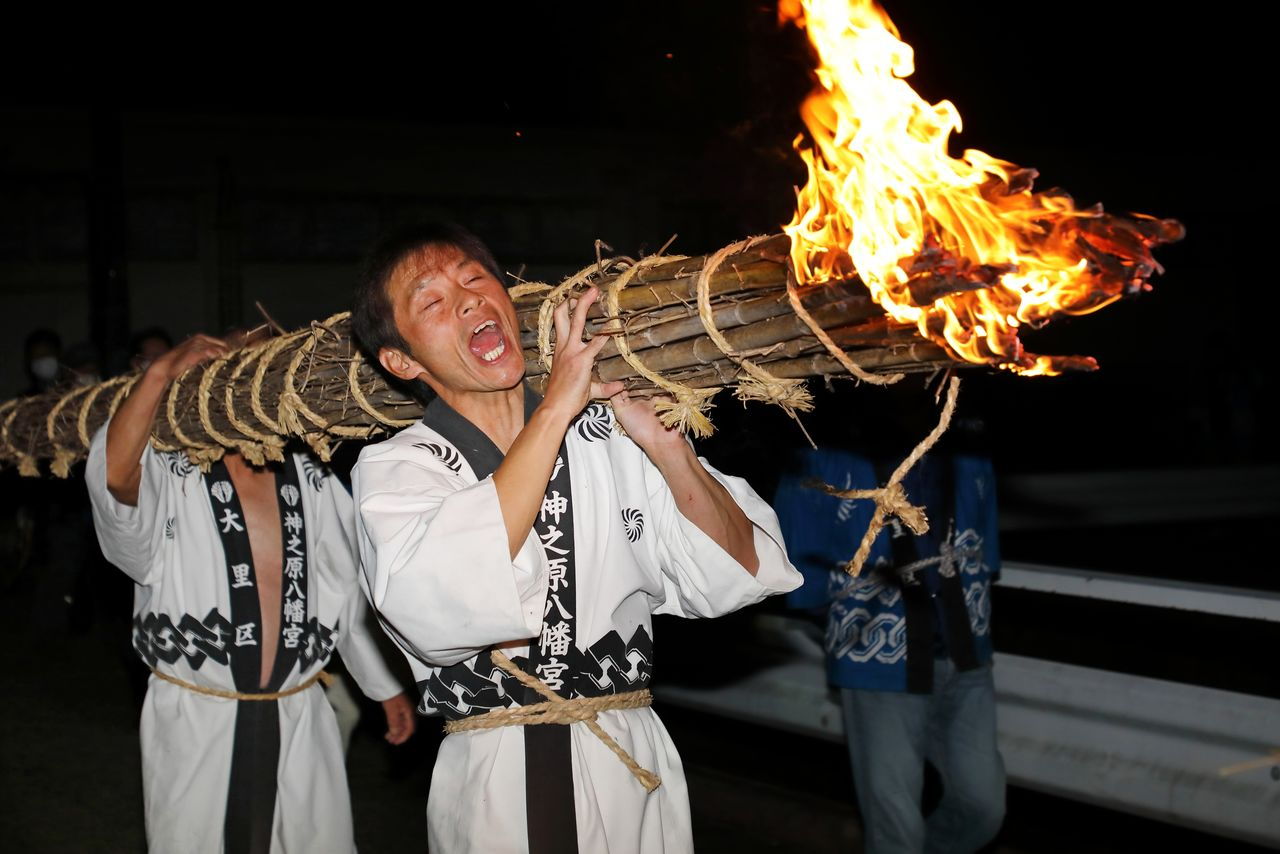
U.S., Japanese and South Korean naval forces held one of the most complex joint military exercises in East Asian waters on Thursday (November 14). This is also the last joint military exercise between the United States, Japan and South Korea before President Joe Biden transfers the national security initiative involving the United States, Japan and South Korea, which he led, to the incoming President Donald Trump.
The trilateral naval joint military exercise, known as “Freedom Blade”, was held once in June this year. The exercise was held in waters south of the Korean Peninsula and west of the main island of Japan. The three-day exercise was led by the nuclear-powered aircraft carrier USS George Washington and its carrier-based F-35 stealth fighters, while Japan and South Korea both deployed their most advanced fighter jets and warships.
The reason why Japan and South Korea were able to put aside their historical grievances and agree to hold trilateral joint military exercises with the United States was entirely due to Biden’s efforts to promote reconciliation and cooperation between the two countries, which led to a historic agreement last year on joint military exercises and trilateral security cooperation.
The U.S., Japan and South Korea militaries have planned to hold trilateral joint military exercises next year, but neither Trump himself nor Pete Hegseth, a Fox News commentator nominated by him as Secretary of Defense, has revealed any information about the new administration’s national security plans in East Asia, which is seen as China’s doorstep.
Biden, who will step down in January next year, not only facilitated joint military exercises between Japan, South Korea and the United States, but also promoted cooperation among the three countries to expand to technology and supply chain security and cyberattack defense.
“If trilateralism is called Biden’s political achievement, I can imagine that Trump may ignore it,” Jeffrey Hornung, a Japanese security policy expert at Rand, told Reuters. “The value of trilateralism needs to be sold to him, not inherited naturally.”
Sources told Reuters earlier that Trump’s confidants assured Japanese and South Korean officials in June that he would support deepening relations between the three countries. When Trump was last president, he pressured Tokyo and Seoul to share the cost of stationing US troops in Japan and South Korea. Japan was also asked to build an amphibious landing force and purchase naval ships to defend Taiwan if Beijing attacked it.
Reuters pointed out that national security advisers of the three countries expressed concern about the growing military cooperation between Russia and North Korea, including North Korea sending troops to assist Russia in attacking Ukraine, in a recent trilateral meeting.
In a report on Thursday, the Asahi Shimbun quoted Japanese defense officials as saying that Tokyo is indeed concerned about whether the trilateral “Freedom Blade” joint military exercise between the United States, Japan and South Korea can continue after Trump takes office.
“Trump is likely to take a tough stance on China, but it is unclear how he will deal with North Korea,” the Asahi Shimbun quoted the unnamed official as saying.
However, the official said that despite some concerns, Japan will still insist on strengthening trilateral cooperation between the United States, Japan and South Korea.
Reuters pointed out that with Biden’s resignation, the protagonist of the “Three Brothers of Peach Garden” who held the US-Japan-South Korea summit at the Camp David presidential resort outside Washington last year and reached a trilateral joint military exercise will only be South Korean President Yoon Seok-yeol, because the then Japanese Prime Minister Fumio Kishida has stepped down after the end of his term as president of the Liberal Democratic Party in September this year.
U.S. Ambassador to Japan Rahm Emanuel boarded the USS Washington aircraft carrier, which is participating in the trilateral joint military exercise, on Thursday. He said on the aircraft carrier that the trilateral joint military exercise agreement and trilateral military cooperation between the United States, Japan and South Korea sent a strong message to Beijing.
“Not only is our deterrence stronger, but not only have we witnessed how strong this deterrence is, the good news is that China has also seen it,” Emanuel said on the deck of the aircraft carrier’s hangar. He is likely to leave Tokyo and return to the United States before the end of the year, and will be replaced by another ambassador to Japan appointed by Trump.
As Emmanuel spoke to reporters, he was joined by Japanese and South Korean naval generals who command their respective naval and air forces. F-18 Hornet fighters and F-35 stealth fighters lined up beside and behind them.
North Korea tested a new solid-fuel intercontinental ballistic missile last month, and South Korean military commanders pointed out that the joint military exercises between the United States, Japan and South Korea were also a response to Pyongyang’s provocative actions, with a strong sense of deterrence against North Korean provocations.




